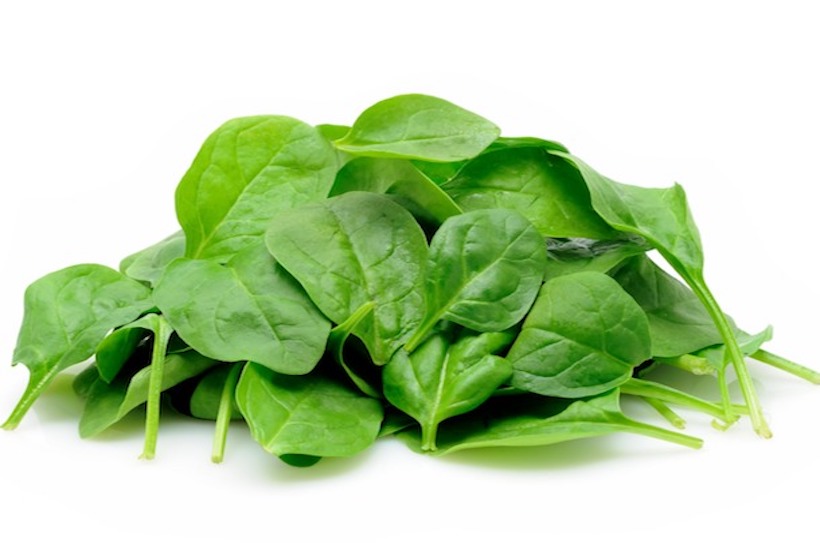This just in. Scientists have taught spinach how to send emails.
Idiots at MIT, who never watched enough sci-fi horror as kids, have used nanotechnology to turn the vegetable into a living piece of tech that can detect explosives, relating their findings wirelessly via an email to their scientist overlords.
Plant nanobionics is a real thing which describes a field of science that deals with the interaction of a plant’s complex natural systems and nanotechnology (technology that works on an atomic and molecular level). The field was theorised about long before there was any realistic prospect of physical application, but roll around to 2021 and we’re trying to stitch electronics into the molecular structure of plants to tell us things we already know.
The public were never asked if they wanted electronics in their food chain, which is odd considering the problems already presented by genetically modified food operated by extremely powerful global companies.
It was only in February of 2019 that French and German farmers dug up thousands of hectares of rapeseed after banned genetically modified organisms were found in seeds sold by Bayer. Whilst allowed to be grown in Canada, the modified seeds were prohibited in various European nations – showing how easy it can be for a banned item created in a lab to make it out into the wild. It was a disaster for farmers, who not only lost that crop, but were unable to plant next year’s in case the strain lingered in the soil.
Billion-dollar corporations love all this stuff, because it allows them to stand in front of the World Economic Forum and talk about sustainable agriculture and how they should be in charge of the world’s food because their technological advances are simply better than traditional organic produce. Anyone who questions the unintended consequences to the food chain of teaching plants to be resistant to ‘pests,’ or the wisdom of leaving a couple of mega-corporates in charge of the world’s seed production, are shrugged off as alarmism.
Nanobionics is another version of human manipulation of organisms.
Turning a field of spinach into an expensive Litmus test for a variety of nitroaromatics present in groundwater (after leaching out of landmines) sounds like a fun way to waste everyone’s money, but what happens to everything eating these tasty plants?
I don’t want my food sending emails nor do I want my food working for a military company on the side.
“Plants are very good analytical chemists. They have an extensive root network in the soil, are constantly sampling groundwater, and have a way to self-power the transport of that water up into the leaves,” said the lead researcher, Professor Michael Strano.
There’s also talk of converting spinach into nanosheets so that it can be used to make battery fuel cells more efficient in metal-air batteries.
Fine, but don’t expect me to show any sympathy the next time the United Nations comes out begging for money, complaining that there’s a global food shortage. If we spent less time weaponising our salad, we might have more to eat.
“This is a novel demonstration of how we have overcome the plant-to-human communication barrier,” Strano continued.
Which only leaves me wondering what kind of ethical dilemma vegans and vegetarians are going to have now that their spinach can send them emails begging for mercy.
Alexandra Marshall is an independent writer. If you would like to support her work, shout her a coffee over at Ko-Fi.
Got something to add? Join the discussion and comment below.
Get 10 issues for just $10
Subscribe to The Spectator Australia today for the next 10 magazine issues, plus full online access, for just $10.


























Comments
Don't miss out
Join the conversation with other Spectator Australia readers. Subscribe to leave a comment.
SUBSCRIBEAlready a subscriber? Log in